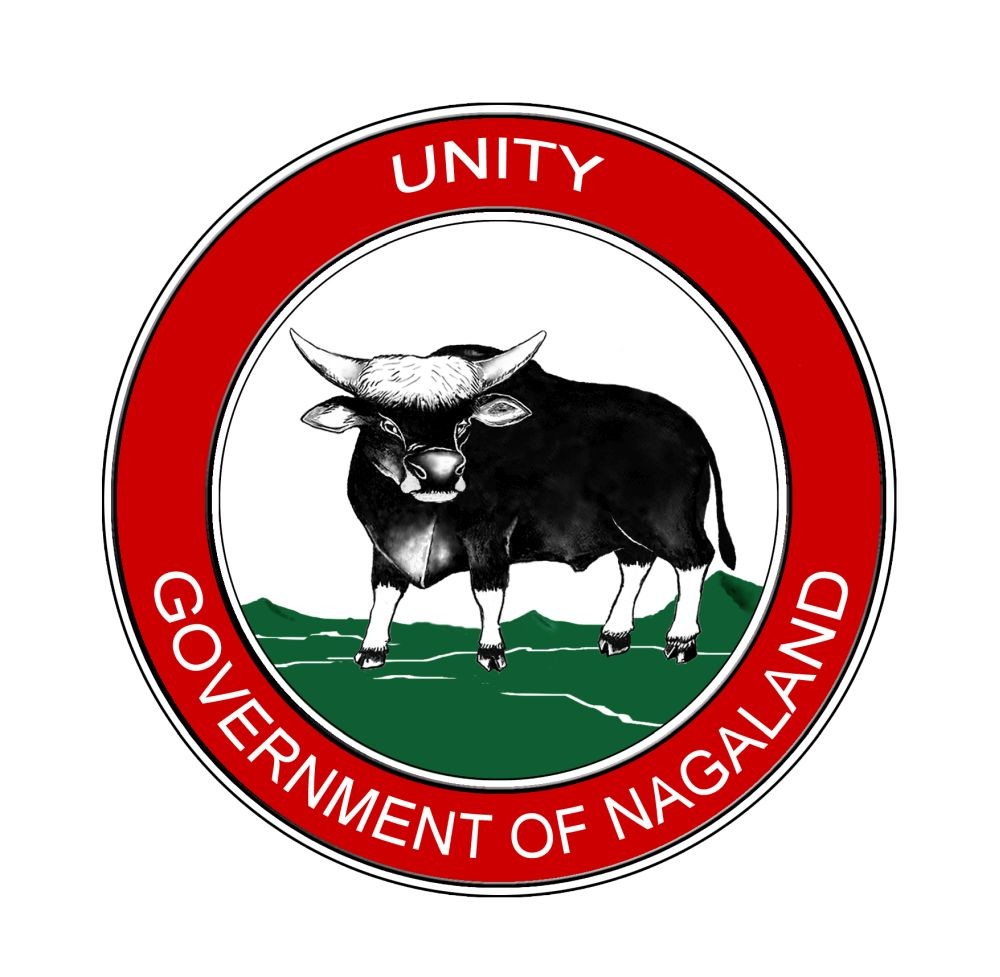
Imkong Walling
Dimapur | September 3
Nagaland as a state of the Union of India enjoys certain Constitutional privileges. The privileges include the state being clubbed in a special group called the ‘Special Category States;’ then there is the ‘Special Status’ and the exemption of the state’s tribal inhabitants from income tax.
The former of the three predominantly covers the financial/funding aspect with the state entitled to monetary dole-outs from the Union Government with little or no obligation to repay. The second encompasses the political and legislative realm while the third, as the name implies, is the liberty to not pay personal Income Tax (IT) in lieu of the state’s classification as a Schedule Tribe state.
“The exemptions and privileges notwithstanding Nagaland cannot be termed as an entirely statutory tax free haven,” asserted an Assistant Professor of Economics. Commenting on the oft heard narrative that ‘we Nagas do not pay tax thus having not much say in developmental funding,’ the educator, on condition of anonymity, maintained that it is a misleading rhetoric.
“The prevailing narrative vetted by many bureaucrats and those at the helm of affairs that ‘we Nagas do not pay tax’ is a completely misleading notion,” said the Assistant Professor, who teaches at a college in Dimapur.
Shedding light on how government taxation on goods and services works, he noted that every time a consumer buys something from the market, a portion of the amount paid goes to the government in the form of indirect taxes, the burden of which neither falls on the seller nor the manufacturer but on the buyer.
The recently introduced Goods & Services Tax (GST) also works on the same principle albeit with a centralised working structure.
He cited petroleum pricing for a better grasp of how indirect taxation works. According to the Assistant Professor, the final retail/selling price of a petroleum product, say petrol, is determined by the sum total of the Oil Marketing Company’s (OMC) price, Central Excise Duty (CED), dealers’ commission plus state specific Value Added Tax (VAT). It is to be noted that petroleum, alcohol and tobacco are over the purview of the GST.
Taking the June 16, 2017 retail price of petrol in Delhi, he explained that on that date, petrol cost Rs. 65.48/lt in Delhi. The price on that date, he said, was a cumulative sum of the OMC price of Rs. 27.48, CED of Rs. 21.48, dealer’s commission of Rs. 2.57 and state specific VAT of Rs. 13.92. VAT was at 27 percent in Delhi on that date.
The retail price of petrol in Kohima (applicable to Nagaland) as on September 3, 2017 stood at Rs. 68.02. As per the website of the department of Taxes, Nagaland, the prevailing taxation rate on petrol stands at 23.5 percent, which translates to around Rs. 16/lt.
With the GST in play, online shopping could well turn out to be a dynamic revenue generating avenue for the state government. Before the GST regime, the share of taxes went to the manufacturing state. Now, however, ecommerce taxes will go to the state from where the order was placed.
“What it implies is that IT-exempted ST Nagas do pay their share of taxes,” underscored the educator. According to him, this further points to an imperative upon the people for greater assertion on public funds while the government is equally obligated to transparently manage its revenue.
The state Chief Minister at a programme in Jalukie on September 2 was quoted as appealing consumers to judiciously use electricity, stop power theft and pay for what is consumed. “Just as much responsibility lies with the government to plug pilfering of public funds, while truthfully utilising the revenue it generates as taxes from the populace,” the Economics expert reiterated.






